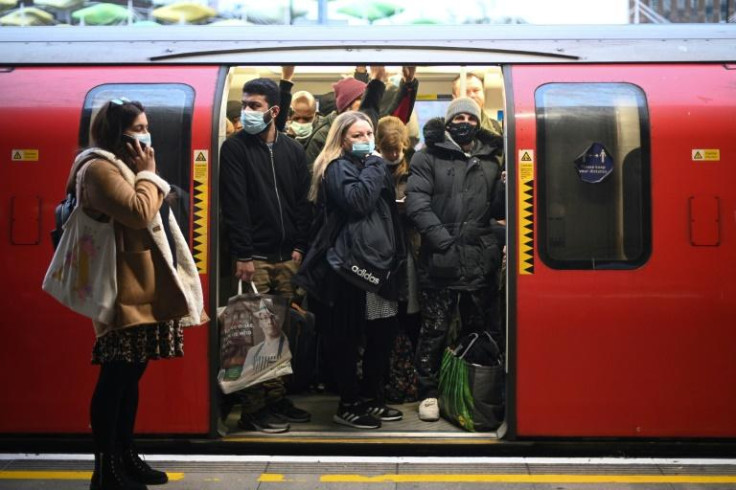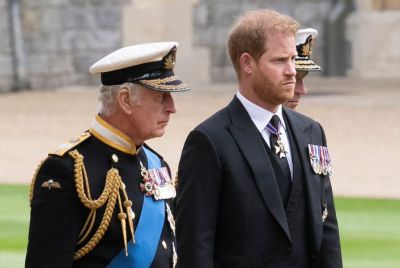Tube Strikes Called Off 12 Hours Before Action
Tube strikes that would see millions of passengers in chaos have been cancelled after an agreement that saved 200 jobs was made between TfL and RMT Union.

Tube strikes that were set to take place on Wednesday 4 October and Friday 6 October have been called off after the dispute over job cuts was settled.
To much surprise, at midday, just 12 hours before the planned strikes were set to take place, the Rail Maritime and Transport (RMT) union announced that the mass walkout had been cancelled.
The planned action was set to include thousands of station staff belonging to the RMT union and would have disrupted several Tube services, the Elizabeth Line, London Overground, the DLR and London Trams.
It was reported that each network would have been closed, and millions of passengers would have been left in chaos.
In 2021, Transport for London (TfL) proposed an axing of up to 600 station staff posts, in an attempt to match Government orders that set out to save on finances after £5 billion was spent on COVID bailouts.
Sources note that members of the RMT union, who were protesting the job cuts, managed to make a deal that will save 200 job posts.
Under the new agreement and to allow for "more flexibility" for staff, Tube workers will keep their jobs and are no longer required to work overtime hours.
In their statement that revealed the walkout cancellation, the RMT noted that they had "managed to save key jobs, prevent detrimental changes to rosters and secure protection of earnings around grading changes".
The union also recalled that they had made "significant progress" with further negotiations regarding pensions and working hour agreements.
the tube strikes have been cancelled meaning my wfh days have been too pic.twitter.com/UnHeHPZiQw
— Dan 🪩 (@bydanram) October 3, 2023
The General Secretary of the RMT union, Mick Lynch, celebrated their progress by saying: "I congratulate all our members who were prepared to take strike action and our negotiations team for securing this victory in our Tube dispute."
"Without the unity and industrial power of our members, there is no way we would have been able to make the progress we have," he added.
Despite the deal and negotiations taking place, the RMT General Secretary declared: "We still remain in dispute over outstanding issues around pensions and working agreements and will continue to pursue a negotiated settlement."
TfL's Tube Boss Nick Dent also applauded the union for coming to an agreement and cancelling the strike. Dent said: "We are pleased that the RMT has withdrawn its planned industrial action this week and that the dispute on our change proposals in stations is now resolved."
Although future strikes will occur as a result of the union's demands not being met, the TfL Boss reassured: "This is good news for London and we will continue to work closely with our trade unions as we evolve London Underground to ensure we can continue to support the capital in the most effective way."
Sadiq Khan, the Mayor of London who promised the public that there would be no need for future strikes, congratulated the unions for taking part in a peace talk.
Khan said: "It is welcome news for Londoners that the RMT have suspended their planned Tube strikes this week and that London's commuters won't face disruption."
However, Khan also criticised the union leaders for not fighting the Government's demand for financial savings hard enough.
In reference to the demands, the Mayor of London stated: "Despite the onerous funding deal conditions imposed by the Government we have managed to avoid industrial action."
Urging unions to abolish their strikes and come to an agreement instead, Khan added: "Negotiation is always the best way forward and this shows what we can achieve by working with trade unions."
In recent months, the government passed new laws regarding a "minimum service level" to operate while a national rail strike takes place. But, while ministers are yet to set a figure for the TfL and London Underground services, the same law cannot be used.
© Copyright IBTimes 2025. All rights reserved.





















